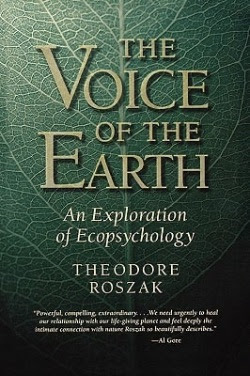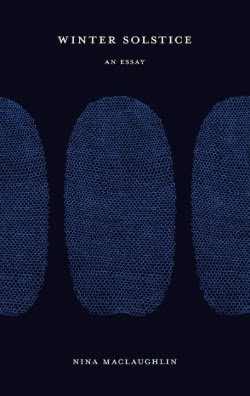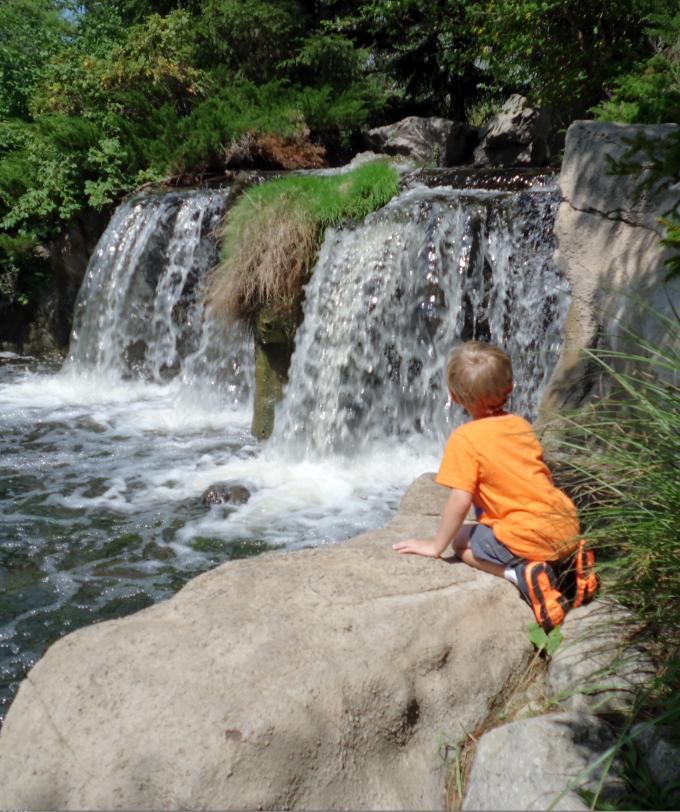August 29, 2025
Nature
“Ecology needs psychology; psychology needs ecology.”

Psychotherapists, says writer D. Patrick Miller, are trained to hear subtle inner voices — the wounded child, the broken family, the archetypal unconscious. But historian and philosopher Theodore Roszak argues they ignore the most crucial one: the “ecological unconscious,” the earth’s voice speaking its pain through our own suffering. Therapy, Roszak says, acts “as if the soul might be saved while the biosphere crumbles.”
Yet environmentalists hardly seem suited for personal counseling; their reliance on “gloom, apocalyptic panic, and the psychology of shame,” Roszak notes, often alienates the public.
In The Voice of the Earth, Roszak offers “ecopsychology” as a remedy to both fields. The search for self-knowledge, he argues, is also the path to ecological sanity. Civilization’s survival depends on adopting slower, more reflective, more democratic ways of life that meet human needs better than industrialism and consumerism. This shift requires not blame, but a compassionate look at the desires driving our destructive habits. “Ecology needs psychology; psychology needs ecology.”
Roszak insists the environmental crisis is “more personal, more threatening, more radical” than daily headlines suggest. Many ailments brought to doctors and therapists may be symptoms of the biosphere’s emergency. “The earth hurts, and we hurt with it.” He may be remembered as one of the first to link inner healing with the healing of the planet.
In this 1994 interview, both men talk about the deep, reciprocal ties between personal well-being and ecological health. The discussion integrates insights from both psychology and ecology to heal people and the planet together.
"Roszak: If you look at the subject of spiritual healing — which is the root meaning of the word psychotherapy, or soul healing — from a larger perspective, you discover that in many traditional societies the natural environment is always included in the process of healing. It is clearly understood that human beings have to exist in a state of harmony with the natural environment. There’s absolutely nothing sentimental about this; it is understood as a fact of life that we live in a state of reciprocity with the birds and the beasts, the rivers and the mountains, and the sun, moon, and stars."
INTERVIEW: The Voice of the Earth
BOOK: The Voice of the Earth




